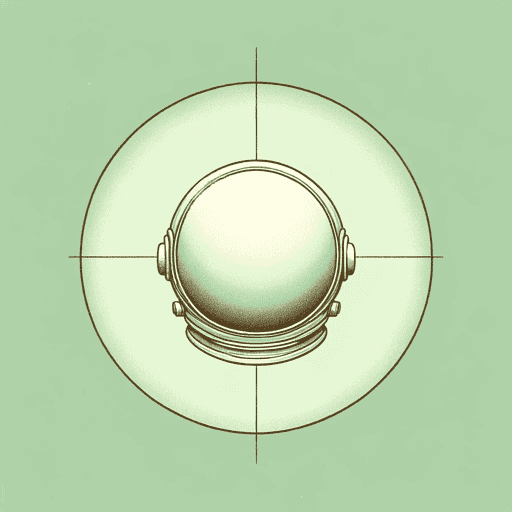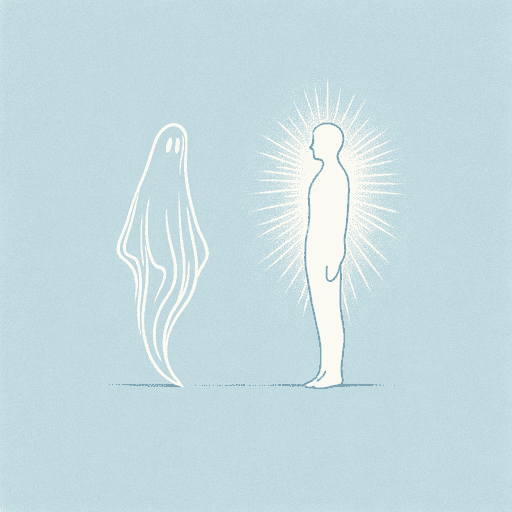29 pages • 58 minutes read
The Abolition of Man
A modern alternative to SparkNotes and CliffsNotes, SuperSummary offers high-quality Study Guides with detailed chapter summaries and analysis of major themes, characters, and more.
Themes
The Importance of Emotion in a Moral Life
Human nature, for Lewis, consists of three basic parts:
1. Cerebral man—spirit, intellect, mind, reason
2. Emotional man—the heart or chest
3. Visceral man—the body or stomach—the animal passions
Lewis asserts that the heart/chest is the most important aspect of human nature; it is the part that makes us truly and distinctly human. Without it, we would be only a brain (intellect) or a stomach (appetite). Human beings are neither pure spirit nor mere physical beings, but a combination of these elements. The emotions bring together and balance the spiritual-rational and the physical-animal parts of human nature.
As Lewis admits, it is easy to fall into the trap of thinking that emotion should be avoided, especially since propaganda consisting of cheap emotional appeals is so prevalent in modern society. The inoculation of the human soul against legitimate emotion—what Lewis would call ordinate sentiment—is a mistake, because such feeling is necessary to a fully human life. Without it, we are reduced to base materialism and the animal passions of anger, lust, and survival instincts. Emotions help us make proper moral choices because we choose the things that we love or are attracted to. Moral training consists in being taught to love good things and despise bad things—to have the right feelings toward different things we encounter.



Related Titles
By C. S. Lewis




















